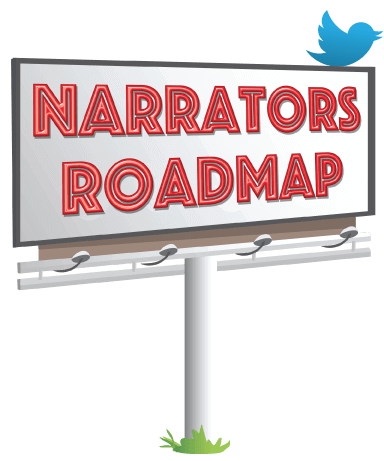Award-winning narrator and casting director Tanya Eby wrote this excellent article What To Do When You Feel Pigeonholed by Casting.
I thank Tanya for mentioning this site in her comments about performing Public Domain audiobooks.
- Everyone can access my trove of free resources at my Public Domain Narration Headquarters.
- NarratorsRoadmap site members also can view my Create Your Own Path video course and my Public Domain Audiobooks and Self-Publishing webinar. Both are available under the Video Courses option after you login, and both include an extensive list of resources not found in my free material.
Note: You may need a subscription to read Tanya’s Substack. You’ll find a discount offer in the Welcome Center.








